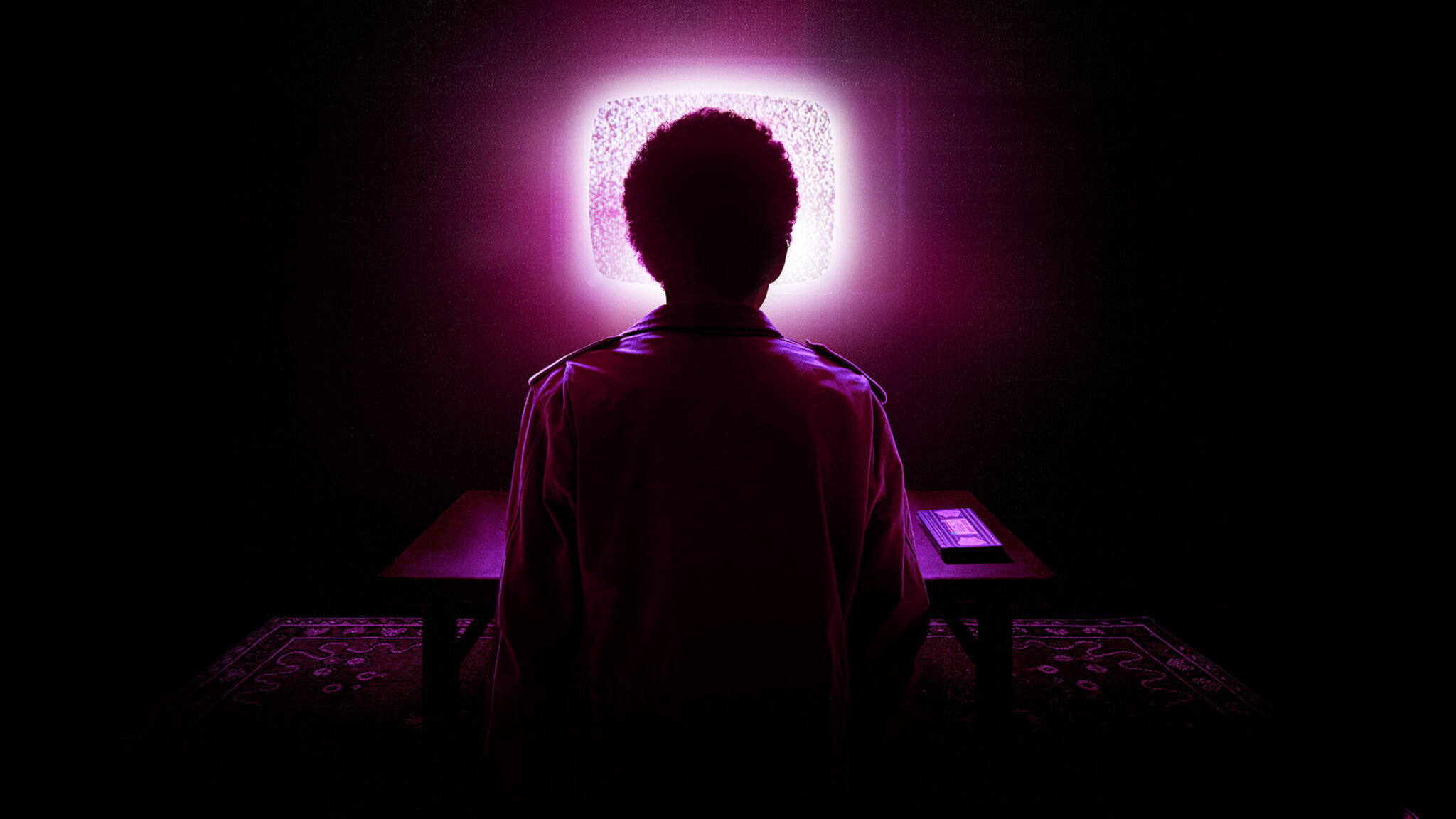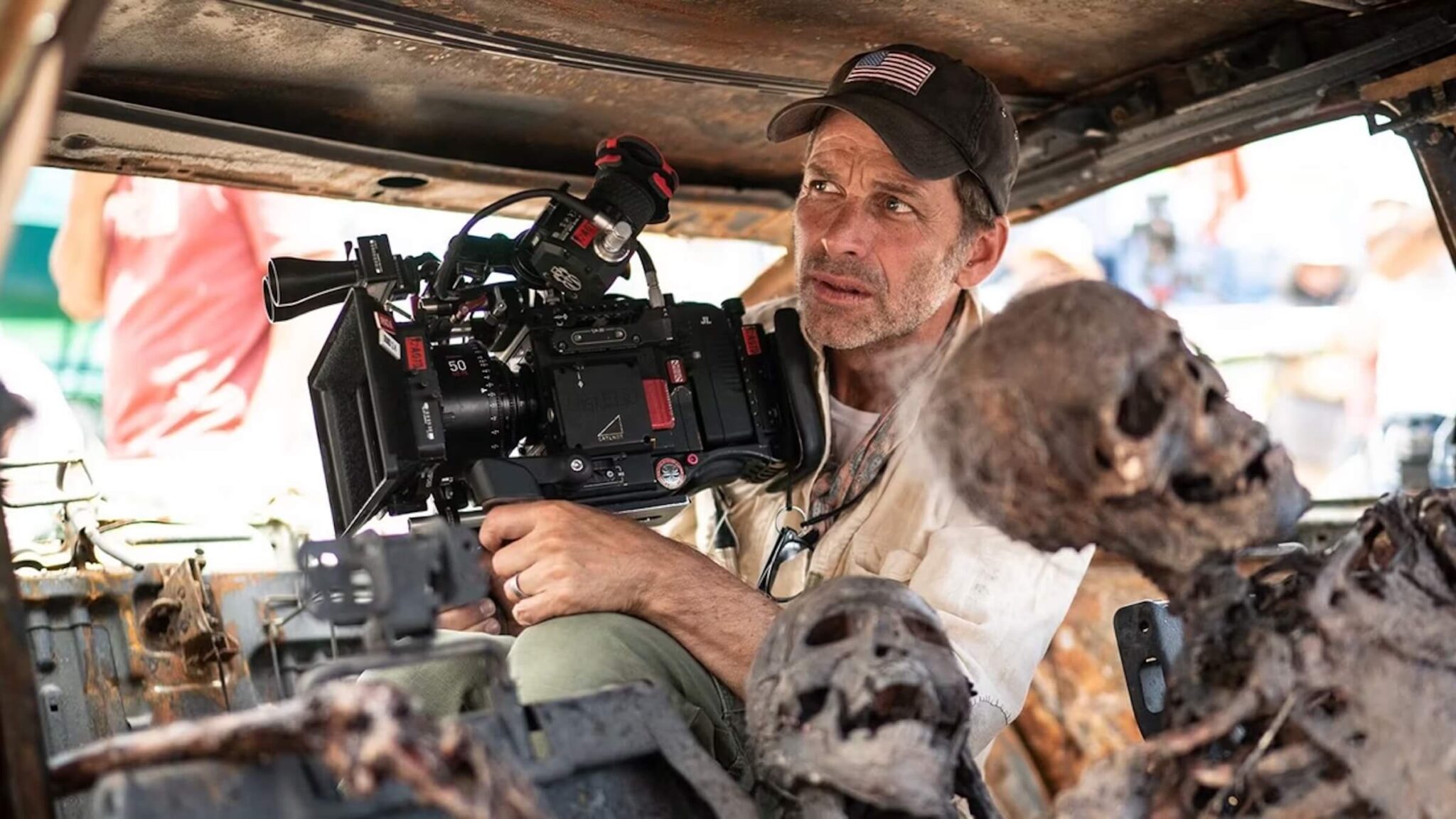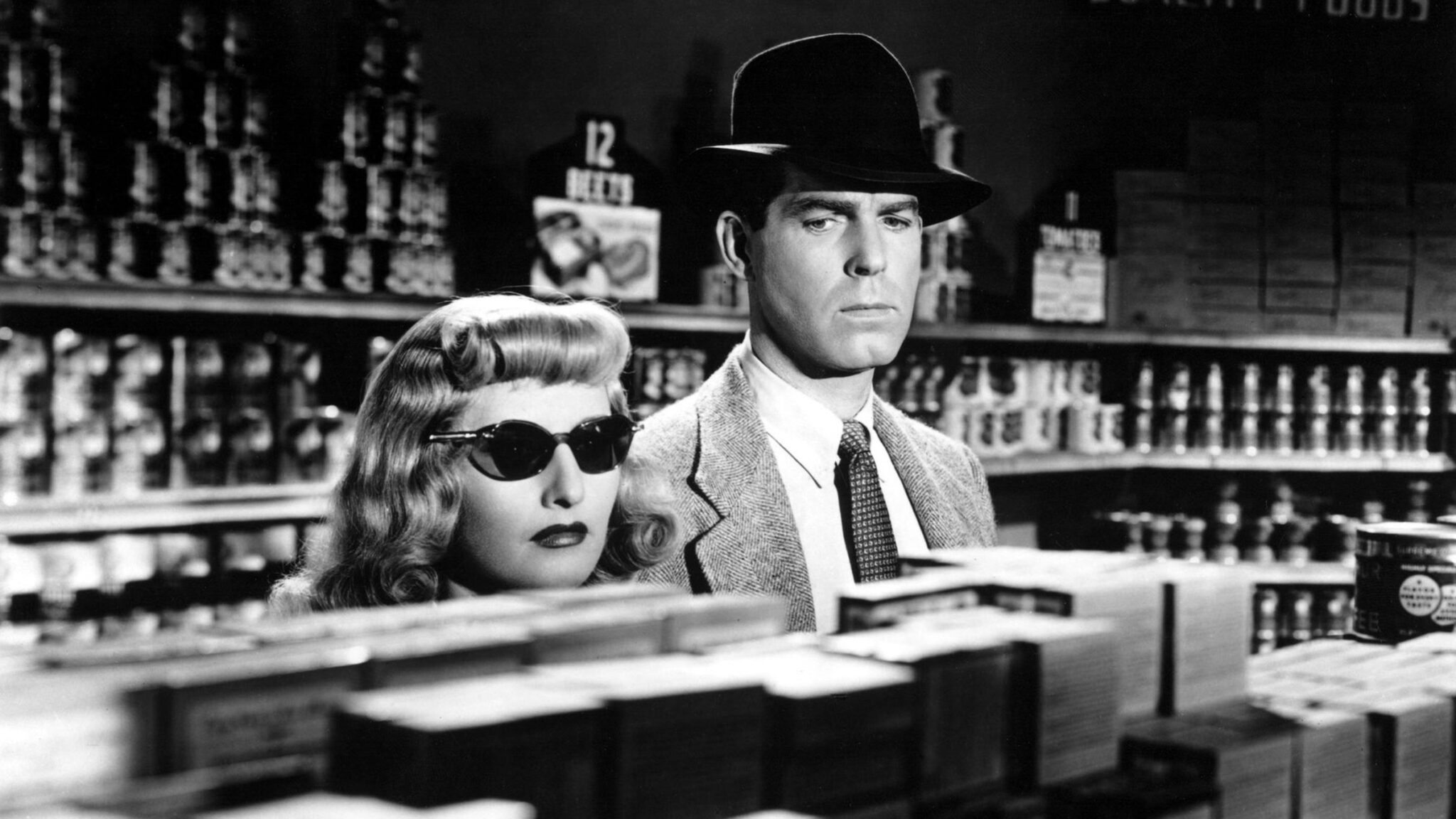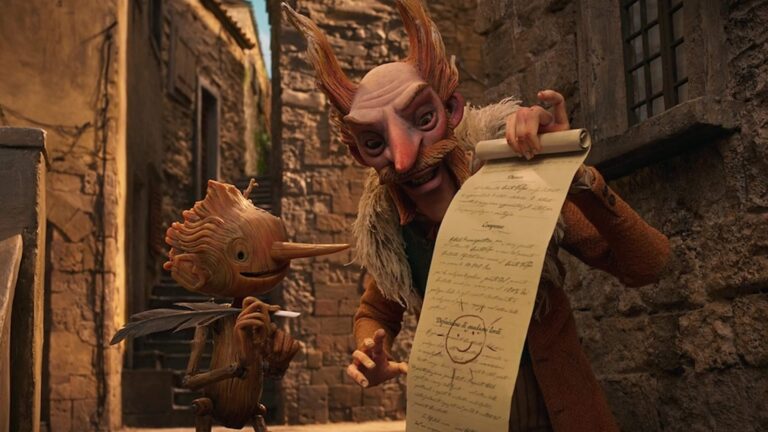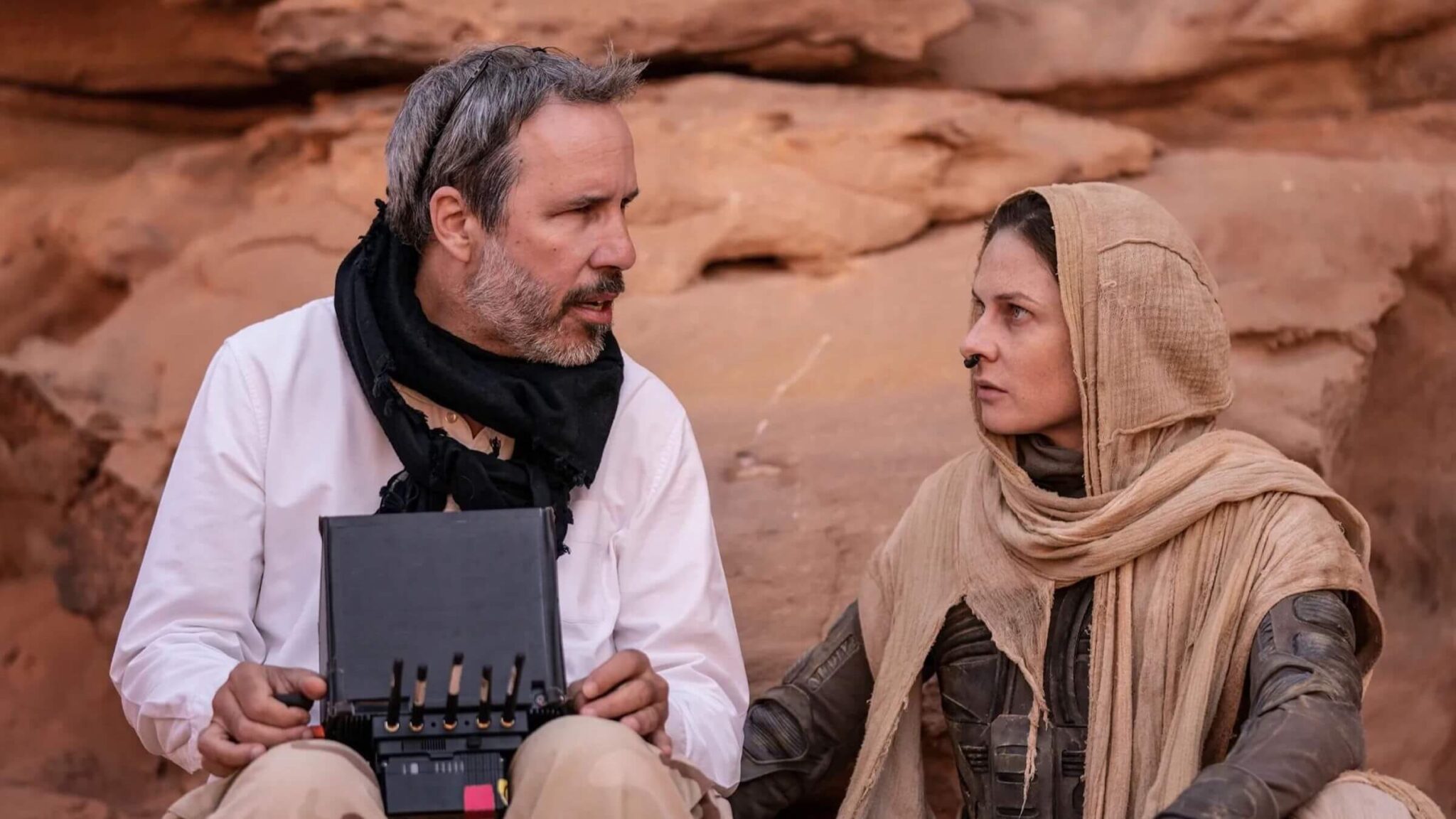
It’s absolutely essential for a screenwriter to understand who's in charge of how a script goes from development to production—especially if you want to get your script into the right hands. And that means understanding the ins and outs of feature producer credits. Learn what each and every producer actually does—from Producers and EPs to the shifting roles of Co-Producers, Associate Producers, and Line Producers—so you never send your script query to the wrong person ever again.
Here's a simple guide to feature producer credits and the Hollywood production hierarchy so you know what each producer is responsible for and how different producers can help generate interest in your screenplay.
Read ScreenCraft's Writing the Perfect Query Letter for Your Scripts!
What does a Producer do?
The "Producer" credit is the primary credit position among all PGA-sanctioned credits for feature films. Basically, the Producer holds the most responsibility in respect to the development, financing, production, and post-production of the film. If a film wins an Oscar, the credited Producer is the one that gets the statue and makes the acceptance speech.
As far as development goes, the Producer usually develops either an original concept of theirs or an optioned/acquired material (screenplays, books, plays, articles, etc.). Producers then secure any necessary rights, hire the writer(s), secure financing, and supervise the overall development process. After that, they package the film with talent (directors and lead actors). Sometimes this step is done before the film is greenlit to entice studios and financiers to commit to producing the film. Other times this is done after the film has received the green light. Every production varies.
Producers work to build the rest of the creative team—cinematographer, unit production manager, production designer, and the supporting cast. As pre-production builds, they participate in location scouting, approve the final shooting script, finalize the production schedule, and set the film's starting budget. Once production begins, the Producer is tasked with supervising the day-to-day operations which includes working with the rest of the producing team. Typically this involves:
- Performing "on-set" collaboration with the director and crew
- Keeping the lead actors happy
- Approving weekly cost reports
- Dealing with all of the financiers and distributors
Finally, when production ends and the film moves into both post-production and marketing, the Producer oversees all those dynamics as well. Needles to say, the Producer runs the show from beginning to end, so if you can ever get direct access to a Producer, by all means pitch away!
What is an Executive Producer?
An Executive Producer (EP) doesn't have quite as much responsibility as a Producer, but EPs still wield a lot of power and prestige during production. Just look at Steven Spielberg's hundreds of Executive Producer credits for a clear example of how much pull a big name EP can add to a film. In short, the Executive Producer plays a significant role in the development, financing, or production phases of the movie, but usually not all three.
By rule, an Executive Producer credit only applies to someone who has made a significant contribution to the film and who additionally qualifies under one or both of two categories stipulated by the Producers Guild of America, either:
- Having secured an essential and proportionally significant part (no less than 25%) of the financing for the motion picture
- Having made a significant contribution to the development of the literary property, typically including the securement of the underlying rights to the material on which the motion picture is based
You'll often see multiple Executive Producer credits for a single film. That usually means that one or more of the credits were given to someone that handled an earlier phase of the film—development or financing—while others were involved during production. Film rights often change hands throughout the course of the development phase, especially. Sometimes Executive Producers move on before a movie gets greenlit, but if they contributed at least 25% to the financing or made significant contributions in development their name and Executive Producer credit stays attached.
What does a Co-Producer do?
There are two types of Co-producers. The first is usually a lieutenant of the primary Producer's production team. They report to the Producer and handle various elements of development and production. The second type of Co-producer performs a key role in actually getting the film made. A Co-producer can be attached to a production in a number of ways including:
- The junior executive that discovered the screenplay
- An original screenwriter that negotiated a co-producing credit
- The rights holder for the intellectual property acquired to write the screenplay
This wide scope of duties means that a Co-producer credit is one of the most widely varied production roles, depending on how a feature gets discovered, licensed, and ultimately produced. Try to discover the role and duties of a Co-producer to see if they have a stake in the development phase of production before you submit a query.
What does a Line Producer do?
A Line Producer is primary in charge of the logistics of the production—everything from pre-production through filming and post-production. Essentially, all various department heads report to them. However, Line Producers have little to no interaction with the development phase of the screenplay unless there are specific issues necessary for a production rewrite of the script.
What does an Associate Producer credit mean?
An Associate Producer is a credit granted by the Producer for people delegated to particular development or production functions. Associate Producer credits aren't as common as they used to be, but you still see them now and then. Being an assistant to the Producer or a production assistant doesn't fall under the normal requirements for an Associate Producer credit. But if the Producer believes that an assistant has gone above and beyond their regular assistant duties for the benefit of the film, they may be credited as an Associate Producer.
Which Producers Should Screenwriters Query?
It's much easier to navigate the query and submission process once you understanding which producers are in charge of development, and which are primarily responsible for production. Line Producers, for example are a great connection to have in the industry, but they aren't who you should seek out when it's time to market your screenplay since they have very little to do with development.
Co-Producers and Associate Producers are usually junior level executives, so while they may not have the power to acquire a screenplay, they can help generate interest and connect you with decision-makers. Most junior executives and assistants are always looking for ways to climb the totem pole, and maybe discovering your hot new script will allow them to accomplish that.
Above them are the Executive Producers. Connect with them (if you can) since EPs have the clout to actually get projects off the ground. But be warned, many EPs are prominent industry names so they're not the easiest people for screenwriters to get access to. But the real power players in Hollywood are the Producers. They're the real decision-makers. If you can get a Producer to fall in love with your script, that's when really exciting things start to happen.
Knowledge is power. And knowing who is who and what they do will give you the edge you may need to get that screenplay into the hands of decision-makers.
Read ScreenCraft's Simple Guide to the TV Writers' Room Hierarchy!
Ken Miyamoto has worked in the film industry for nearly two decades, most notably as a studio liaison for Sony Studios and then as a script reader and story analyst for Sony Pictures.
He has many studio meetings under his belt as a produced screenwriter, meeting with the likes of Sony, Dreamworks, Universal, Disney, Warner Brothers, as well as many production and management companies. He has had a previous development deal with Lionsgate, as well as multiple writing assignments, including the produced miniseries Blackout, starring Anne Heche, Sean Patrick Flanery, Billy Zane, James Brolin, Haylie Duff, Brian Bloom, Eric La Salle, and Bruce Boxleitner, and the feature thriller Hunter's Creed starring Duane "Dog the Bounty Hunter" Chapman, Wesley Truman Daniel, Mickey O'Sullivan, John Victor Allen, and James Errico. Follow Ken on Twitter @KenMovies
For all the latest ScreenCraft news and updates, follow us on Twitter, Facebook, and Instagram.
Get Our Screenwriting Newsletter!
Get weekly writing inspiration delivered to your inbox - including industry news, popular articles, and more!















